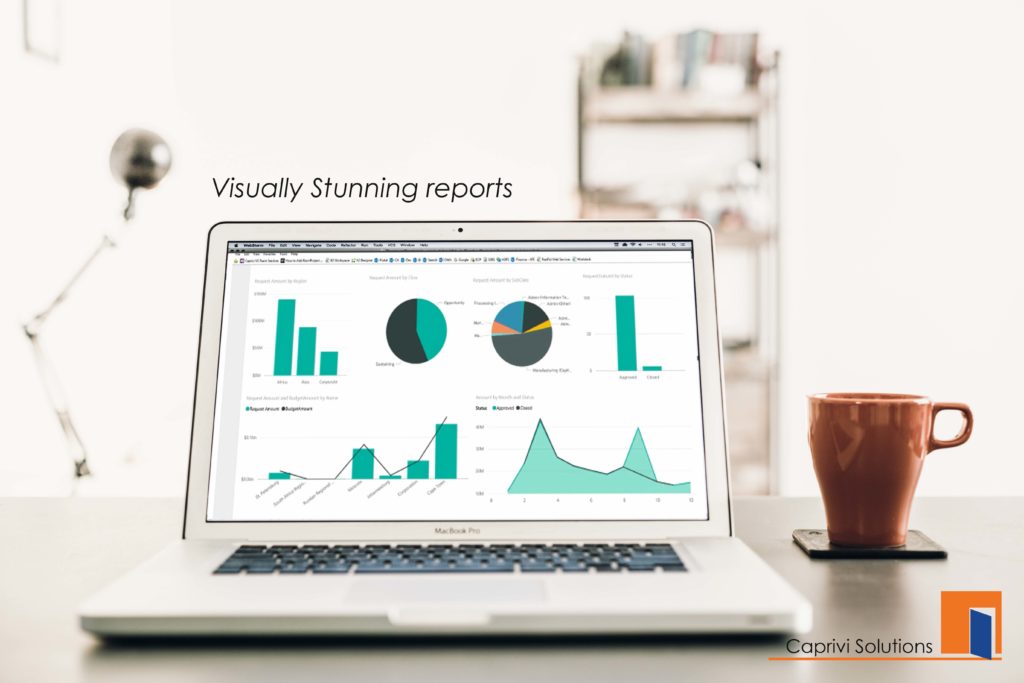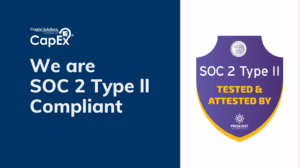Introduction:
Capital Expenditure (CapEx) plays a pivotal role in the growth and development of organizations. It involves substantial investments in long-term assets, such as buildings, equipment, and technology, with the aim of enhancing productivity, efficiency, and competitiveness. While CapEx decisions are critical, the importance of robust reporting in CapEx management cannot be overstated. In this article, we will explore the significance of reporting in regards to CapEx and how it contributes to informed decision-making, transparency, and overall financial success.
- Monitoring Investments and Performance: Reporting provides a means to monitor CapEx investments and assess their performance. By capturing and analyzing data related to capital projects, organizations can evaluate the return on investment (ROI), track project timelines, and compare actual results against projected outcomes. Detailed reports enable stakeholders to identify potential risks, mitigate them promptly, and make data-driven decisions to optimize resource allocation. This is integral to effective CapEx management.
- Financial Planning and Budgeting: Reporting facilitates effective financial planning and budgeting for CapEx projects. Accurate and timely reports help organizations understand the financial implications of capital investments, align them with strategic goals, and develop realistic budgets. By monitoring expenditure patterns, organizations can allocate funds efficiently, prioritize projects, and ensure that resources are allocated to areas that deliver the greatest value. CapEx management relies heavily on these practices.
- Compliance and Accountability: Reporting plays a critical role in ensuring compliance and accountability in CapEx management. Transparent reporting practices help organizations adhere to regulatory requirements, internal policies, and accounting standards. Through comprehensive reports, organizations can demonstrate the proper allocation of funds, track asset acquisitions and disposals, and maintain auditable records. This promotes transparency, minimizes financial risks, and builds trust with stakeholders. Successful CapEx management hinges on these factors.
- Performance Evaluation and Decision-making: Reporting serves as a foundation for performance evaluation and informed decision-making. By analyzing financial reports, key performance indicators, and project metrics, organizations can evaluate the success of CapEx initiatives. Reporting allows stakeholders to assess whether investments have achieved their intended objectives, identify areas for improvement, and make strategic decisions regarding future capital allocations. Timely and accurate information empowers leaders to make informed choices that drive organizational growth and profitability. Effective CapEx management depends on these evaluations.
- Communication and Stakeholder Engagement: Reporting acts as a communication tool to engage stakeholders and keep them informed about CapEx activities. Regular reports enable organizations to share progress updates, highlight achievements, and address concerns. Transparent reporting fosters trust, encourages collaboration, and aligns stakeholders with the organization’s vision and objectives. By involving relevant parties in the reporting process, organizations can leverage their expertise and insights to enhance CapEx decision-making. Proper CapEx management involves comprehensive stakeholder engagement.
Conclusion:
In the realm of CapEx management, reporting serves as the backbone of informed decision-making, financial transparency, and accountability. By monitoring investments, facilitating financial planning, ensuring compliance, evaluating performance, and engaging stakeholders, reporting empowers organizations to make strategic choices that drive growth and profitability. Investing in robust reporting systems and practices is crucial for organizations seeking to optimize their CapEx investments, streamline operations, and stay ahead in today’s competitive landscape. CapEx management is essential in achieving these goals.





